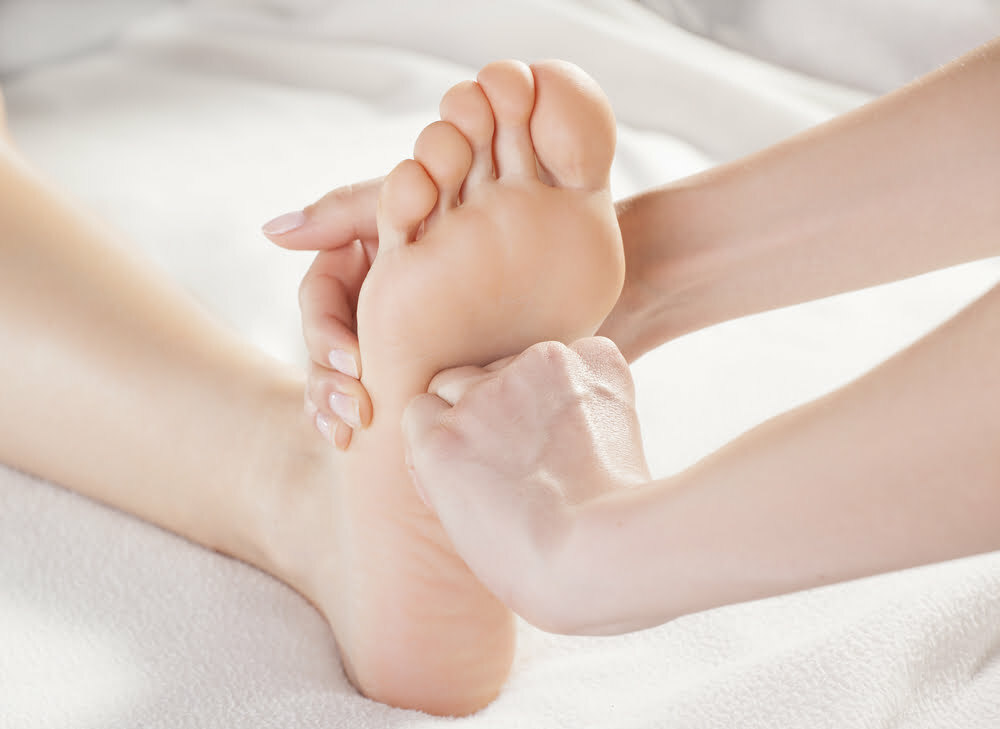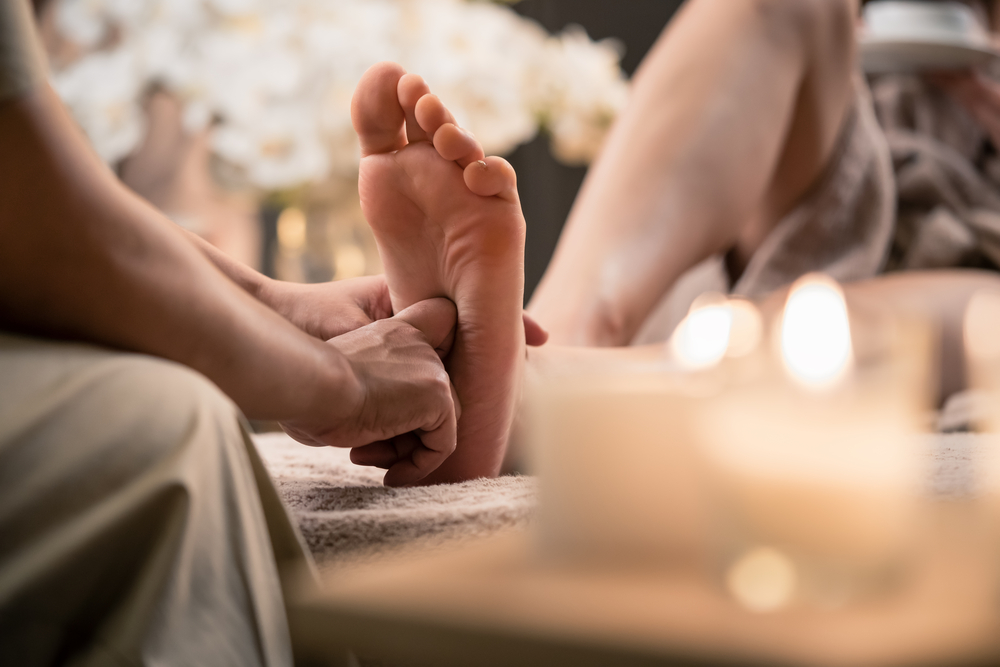
An ancestral practice recognized as complementary medicine by the World Health Organization, foot reflexology treats many ailments: insomnia, circulatory problems or stress. Find out everything there is to know about foot reflexology…
Foot reflexology: what is it?
Foot reflexology, widely practiced in ancient Egypt, China and India, is based on a mapping of reflex zones connected to part of the foot by energy flows. It is an important part of Chinese medicine. It is well known for treating the human being as a whole, body and mind, taking into account the flows of energy that circulate between organs, tissues, etc. If the mapping used was quite simple in the past, Fitzgerald’s methodology, more widespread today, uses a more detailed map of reflex zones. Foot reflexology is therefore based on a principle of energy flows that connect each of our organs with part of our feet. For example, the tips of your toes are connected with your brain, while your heel can play a role on your hemorrhoids or sciatic nerve. Each zone is then manipulated by moderate pressure depending on the area, using fingers, hands or utensils dedicated to the practice of reflexology. Namely, if foot reflexology is the most widespread practice, the concept can also be applied to the areas of the hand.
Areas accessible by foot reflexology
In such a practice, the feet are cut into specific areas. Each will act on a part of the body or brain:
- The sinuses, head, pituitary gland, cervical, frontal and temporal regions;
- The upper lymphatic system and thyroid gland;
- Eyes and ears;
- Shoulders;
- Lungs and bronchi;
- The heart;
- The stomach;
- The spinal cord;
- The solar plexus;
- The spleen, liver, pancreas and gallbladder;
- The kidneys and adrenal glands;
- The transverse, ascending and descending colon, small intestine;
- The lumbar, sacrum and coccyx;
- The appendix;
- The sciatic nerve;
- …
The benefits of foot reflexology
By acting on the energy flows that pass through your body, foot reflexology acts on many organs, glands or parts of the body and thus has a wide field of action. It can help to:
- prevent the risk of cardiovascular diseases;
- Treat colds and other minor ailments:
- increase physical and mental tone and energy;
- reduce stress and anxiety;
- relieve chronic pain;
- alleviate the unpleasant consequences of chemotherapy;
- stimulate the activity of internal organs;
- improve blood and lymphatic circulation;
- improve liver and digestive comfort;
- reduce swelling in the legs and feet in pregnant women;
- …

How does a foot reflexology session work?
During your very first session, the therapist will first ask you a number of questions. This makes it possible to identify the reason for your coming and the possible areas to be treated. He evaluates your needs and also takes the time to get to know you. Then, you will be able to lie down and the therapist will evaluate the tensions present or not at the level of the soles of your feet. It will also analyze energy flows at the usual points of tension such as ankles, knees and hips. Indeed, it is at the level of these joints that your energies can block and create tensions. Finally, after taking stock of your areas of tension, your needs and your ailments, he will proceed to a massage of your feet, intended to release tension.
A foot reflexology session can have immediate consequences on your balance and your physical and mental fitness, much like after an osteopathy session. This is why it is advisable, especially after the first session, to be accompanied or if possible, not to drive after the session. You may also feel the effects of the session in the form of aches, emotional discomfort or slight dizziness. That’s the way it goes! One A good reflexologist will “shake” the energies of your body and mind so that they circulate normally again, which can alter some emotional and physical aspects for a few days.
Foot reflexology: how to choose your specialist?
If you can enjoy a relaxing foot massage in your institute or spa, this is more of a relaxation method rather than a real reflexology session. If you want to relieve pain, improve your mind or act on a specific internal organ, choose the sessions practiced by a certified reflexologist. When it comes to so-called alternative or complementary medicines, word of mouth is often the best way to find a practitioner. Do not hesitate to ask your entourage if they do not already call on a foot reflexologist!





